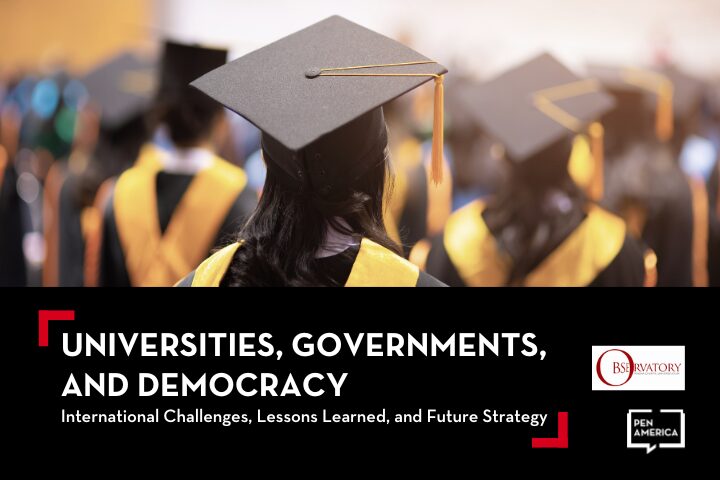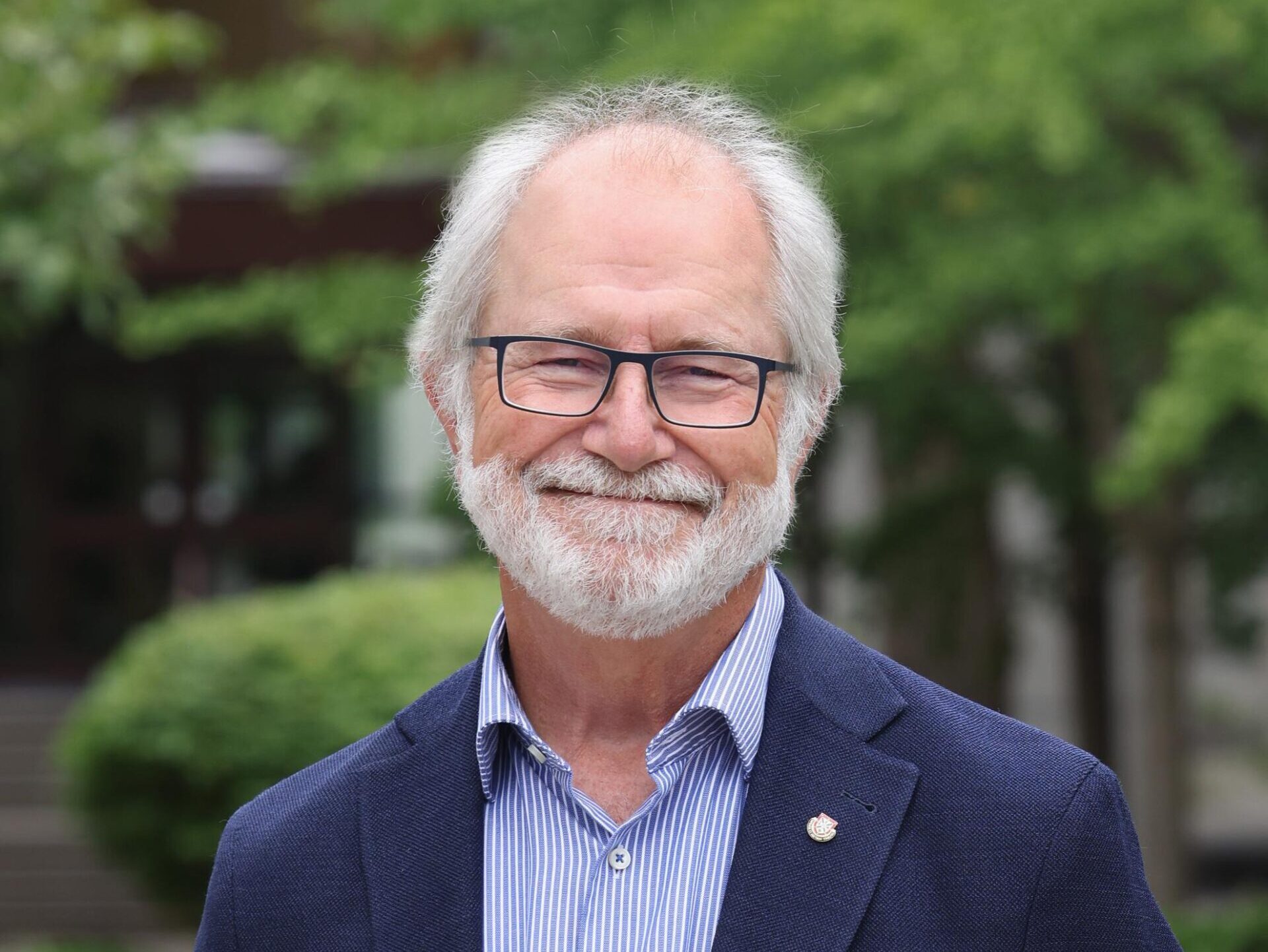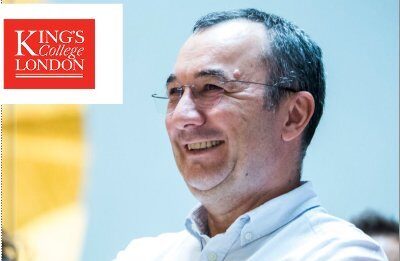
The event will focus on the challenges facing universities in North, Latin and Central America along with views on what needs to be done to enable them to function fully effectively. This will also include perspectives from Europe.
The conference is for: university and college presidents, rectors, principals, vice-chancellors and members of their senior teams; students, particularly those in leadership positions in student organisations; leaders of tertiary education associations; members of governing bodies of tertiary institutions; and policy makers, state legislators and civil servants.
Admission to this webinar is free of charge. Learn more here.
‘Universities acknowledge that they have a responsibility to engage with and respond to the aspirations and challenges of the world and to the communities they serve, to benefit humanity and contribute to sustainability.
‘Intellectual and moral autonomy is the hallmark of any university and a precondition for the fulfilment of its responsibilities to society. That independence needs to be recognised and protected by governments and society at large, and defended vigorously by institutions themselves.
‘To fulfil their potential, universities require a reliable social contract with civil society, one which supports pursuit of the highest possible quality of academic work, with full respect for institutional autonomy.’ So says the Magna Charta Universitatum 2020.
University and college autonomy, which is vital to preserving, supporting, and advancing inter alia democracy, is coming under threat in various ways in various countries. So are the economic and national security benefits that university research autonomy provides in a democracy. If those threats materialise, democracy will be diminished. Politically motivated government interventions, a lack of trust and limitations on academic freedom serve to restrict the impact of what universities are able to achieve for society.
An open meeting organised by the Magna Charta Observatory with the support of PEN America and hosted at the Johns Hopkins University Bloomberg Centre, Washington DC looks at the current reality of the situation worldwide and in North, Latin and Central American countries in particular. It does so in the light of the globally agreed fundamental rights and responsibilities of universities and the experience of other countries. It dissects the issues, shares successful practice and through discussion helps participants to find ways of enabling their systems and universities to prosper.
It will focus on academic freedom, autonomy, governance, diversity, communications and the role of students and how they add value all in service to the common good.
Read PEN America’s latest report, America’s Censored Classrooms and Liviu Matei’s, New frameworks of reference stir hope for academic freedom.











